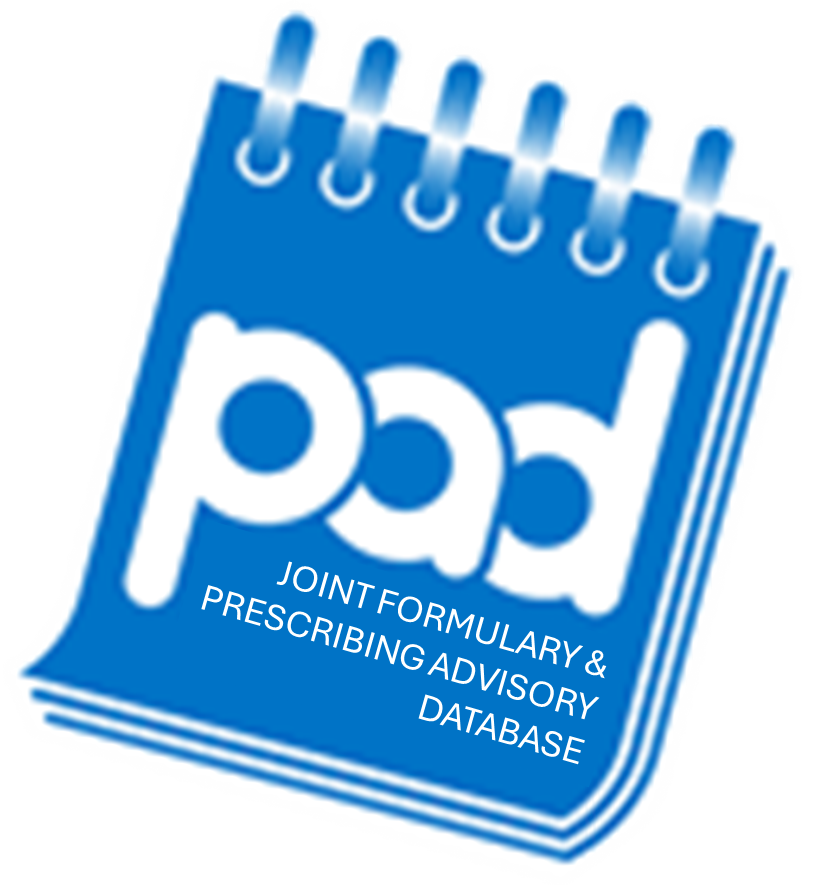
Mycophenolic acid - Transplant immunosuppression
You are here : Home > Formulary Search > Mycophenolic acid - Transplant immunosuppression
I agree that in using this database I understand that this platform only provides guidance on local prescribing policy and that all prescribing decisions are ultimately the responsibility of the clinician.
Status 1
Blue
Formulations :
- Tablets
Formulary Status :
Associated Icons :
NHSE
SPC
Restrictions / Comments :
Important
FOR EXISTING PATIENTS only:
GPs may continue to prescribe for existing post-transplant patients only.
NHS England are looking to repatriate these patients in the future. GPs must not accept requests to prescribe for new patients.
Status 2
Red
Formulations :
- Not Specified
Formulary Status :
Associated Icons :
NHSE
SPC
Restrictions / Comments :
Important
FOR NEW PATIENTS: RED drug for post-transplant. Funded via NHS England.
GPs should not accept any new request to start prescribing mycophenolic acid post-transplant.
Documentation
- No records returned.
PAD Profile
ChemicalSubstance :
Mycophenolic acid
Indication :
Transplant immunosuppression
Group Name :
Keywords :
Brand Names Include :
Myfortic, Ceptava
Important Information :
Latest Additions Date From :
Latest Additions Date To :
Guidelines :
Supporting Documents :
0
Traffic Light Entries :
2
Committee Recommendations (1)
16 Apr 18 -
Not Set
This drug / device falls under the responsibility of NHS England Specialised Commissioning and should therefore not be prescribed in Primary Care.
Treatment should remain with the specialist (RED) hospital only drug.
GPs should ensure that patient medication records include any medicine for which prescribing remains the responsibility of secondary or tertiary care. This will ensure that GP records, which are accessed by other healthcare providers, are a true and accurate reflection of the patient’s medication.
Treatment should remain with the specialist (RED) hospital only drug.
GPs should ensure that patient medication records include any medicine for which prescribing remains the responsibility of secondary or tertiary care. This will ensure that GP records, which are accessed by other healthcare providers, are a true and accurate reflection of the patient’s medication.
Other Indications
Below are listed other indications that Mycophenolic acid is used to treat.
- No records returned.
Other Drugs
Below are listed other drugs that are used to treat Transplant immunosuppression.
